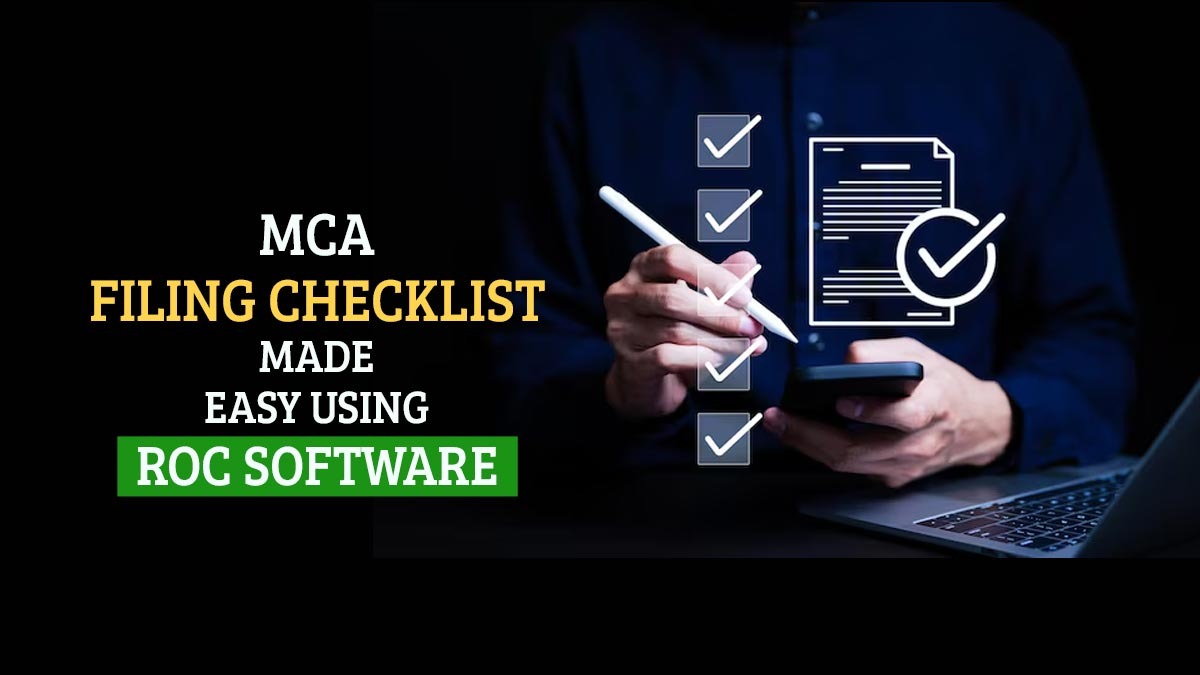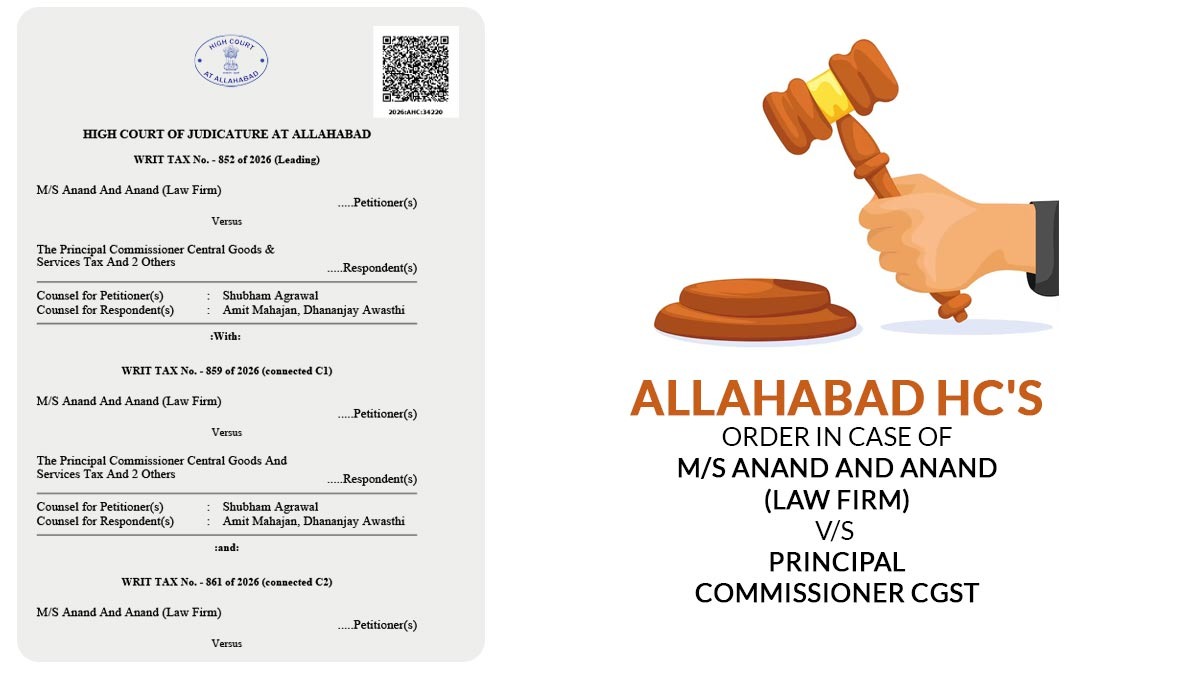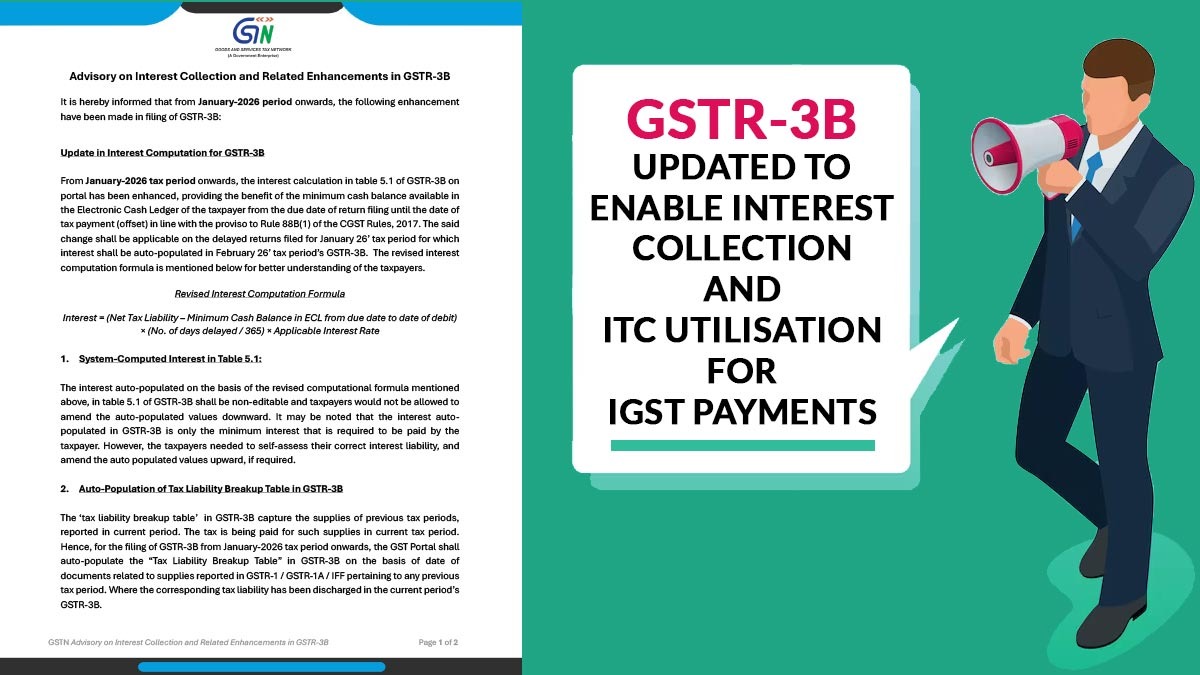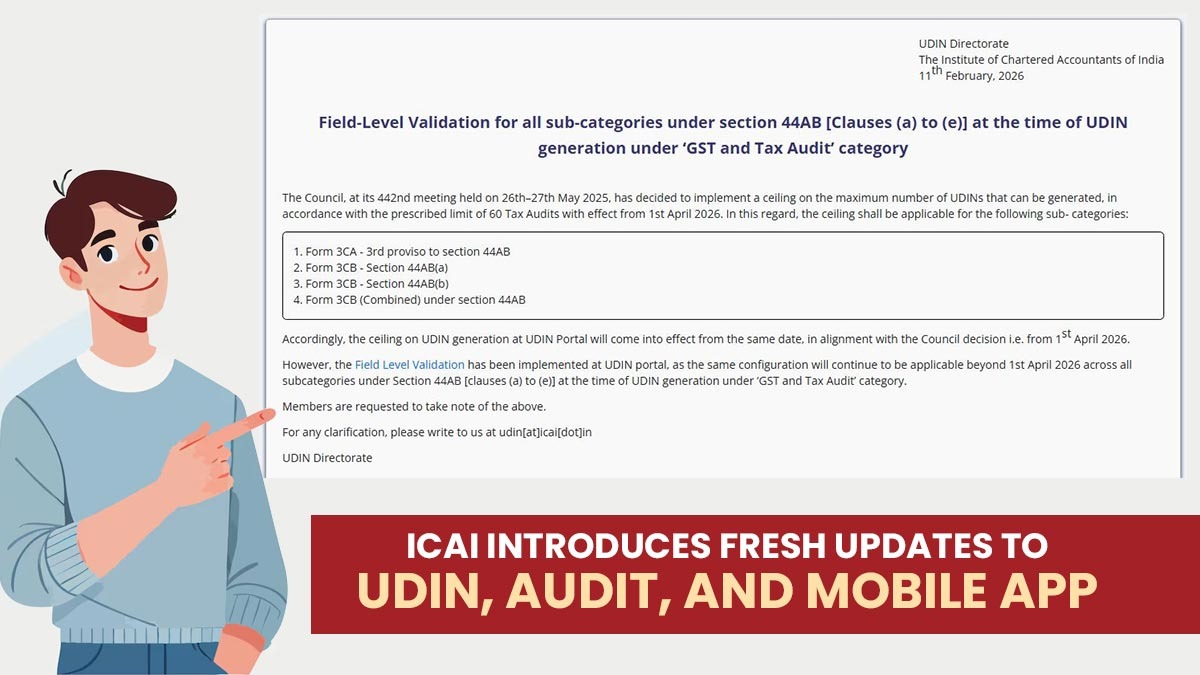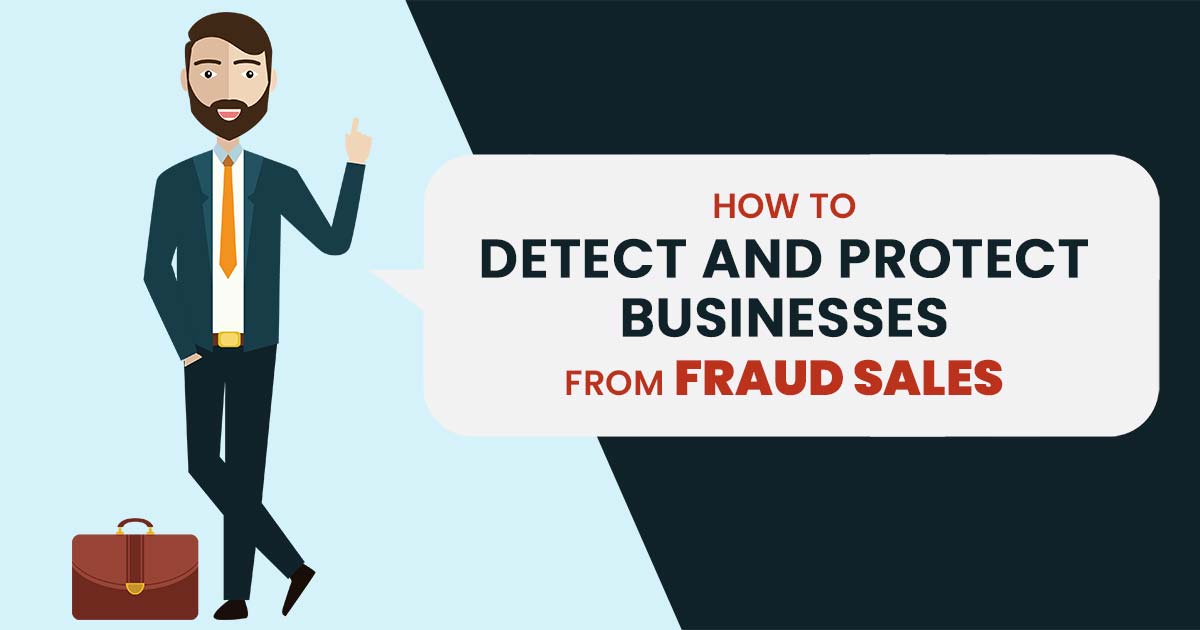
Although identifying fraudulent transactions might be difficult, there are a number of warning signs that could point to their existence. These are some actions to take:
Examine Sales Trends for Business
Examine sales trends over time to spot any out-of-the-ordinary spikes or dips that cannot be accounted for by regular market variations.
Check Records of Shipping
Verify that the merchandise was delivered to the consumers by comparing shipping and sales data.
Inspect the Client’s Records
Verify the customer records to make sure the sales were made to genuine customers and that they are valid. Check client information to make sure it is correct, including addresses, phone numbers, and contact information.
Important: What is Future Scope for Chartered Accountants
Study the Records for Inventory
Verify inventory records to confirm that the items sold were genuinely present and weren’t just generated on paper.
Keep an Eye Out for Odd Sales Trends
Watch out for sales that happen at odd periods, such as the conclusion of a reporting month or in big amounts.
Investigate Gross Margins
Verify the gross margins on the sales to check if they are comparable to industry averages or the previous gross margins of the firm.
Examine Sales Agreements and Receipts
Verify the legality of the sales agreements and the accuracy of the invoices’ descriptions of the products sold.
Read Also: Free Download Chartered Accountant Software for Tax Firms
Verify the Payment Records
Check to make sure the money you got for the sales was truly received and placed into the business’s bank account.
Look for the Any Inconsistencies
Look into any anomalies or contradictions discovered throughout the study, such as missing or incomplete information, baffling transactions, or odd sales trends.
By following these methods, you may see potential warning signs that could point to phoney sales and then look into them further to find out whether the sales statistics included in the financial statements are accurate. Remember that uncovering fraudulent sales may need a more thorough examination and the skills of forensic accountants.




